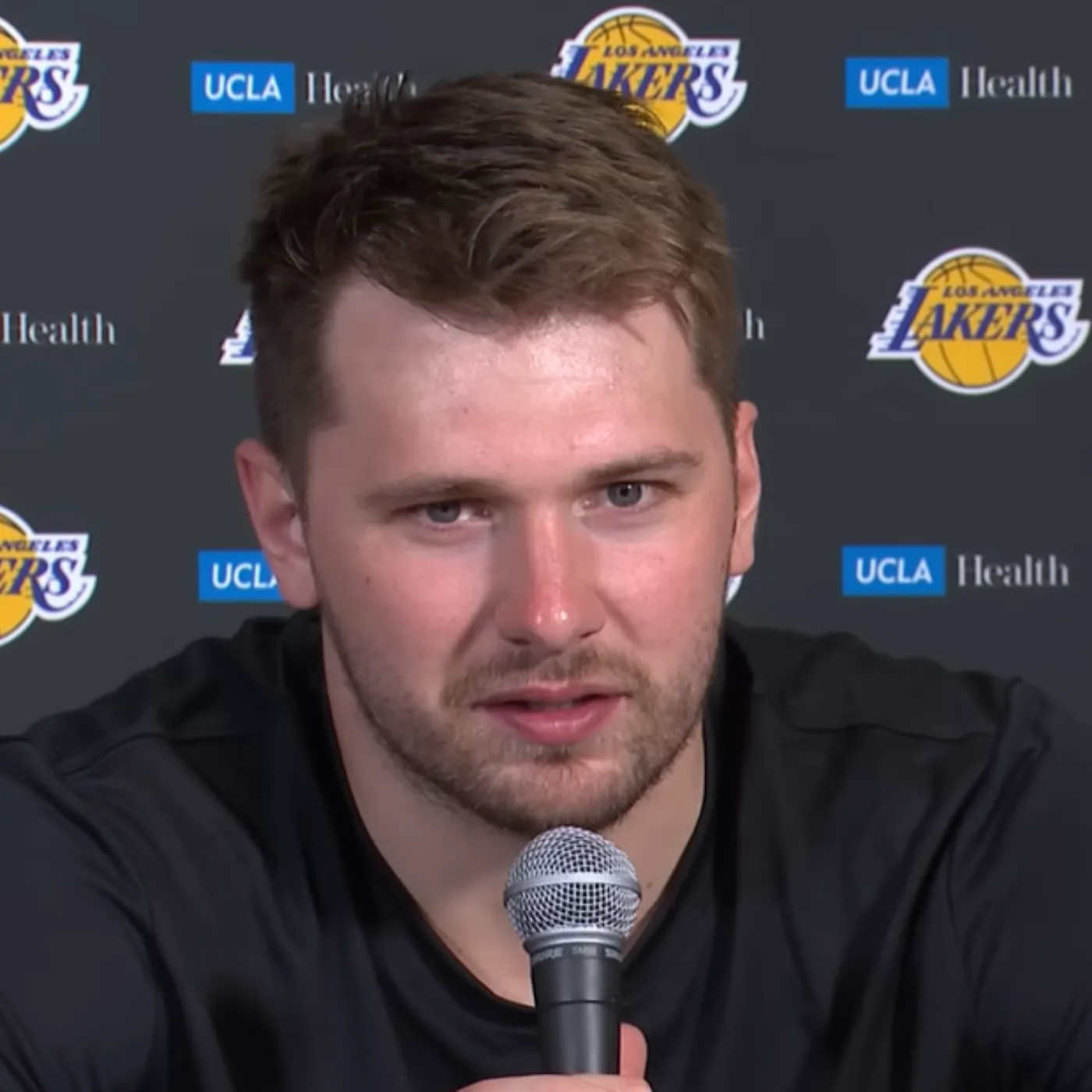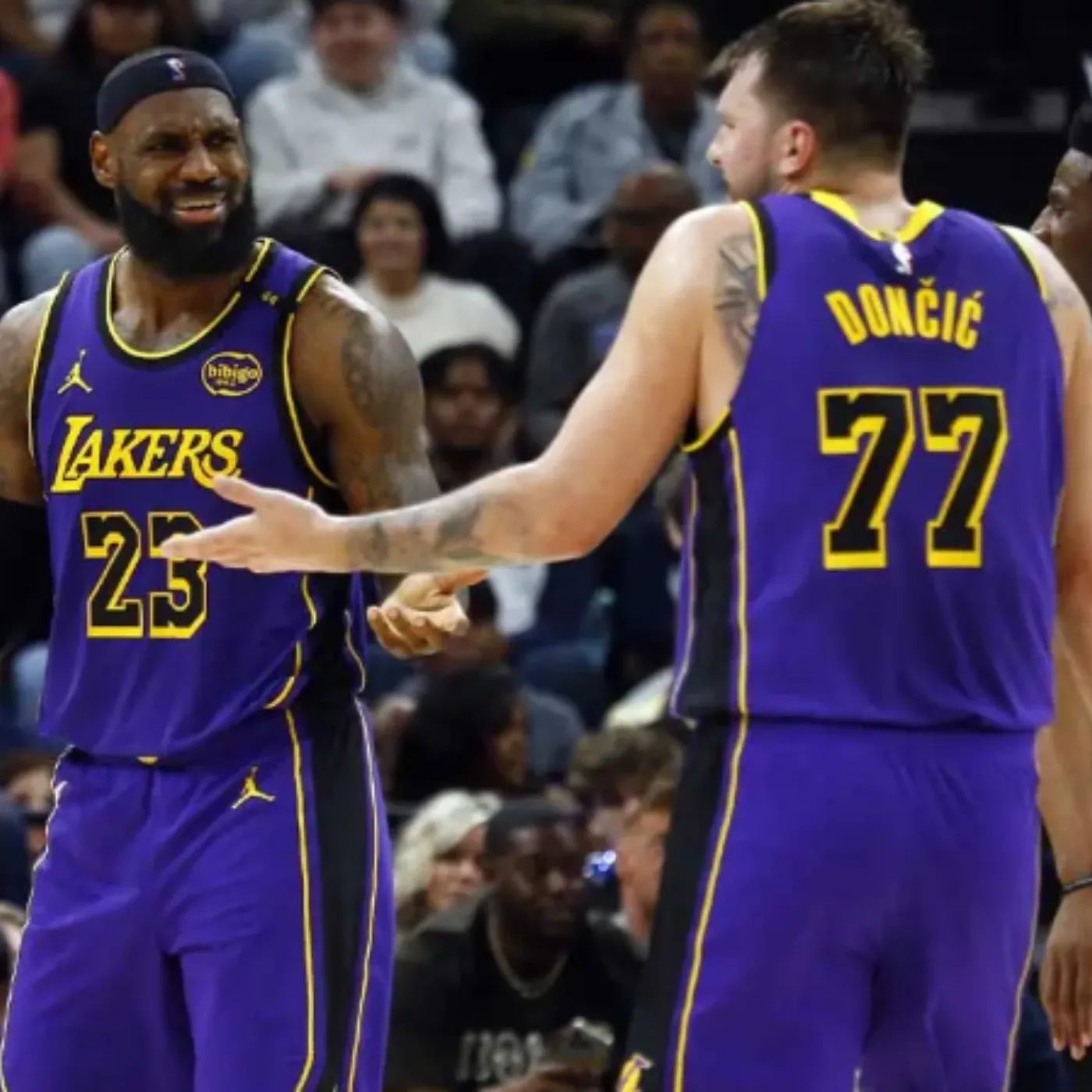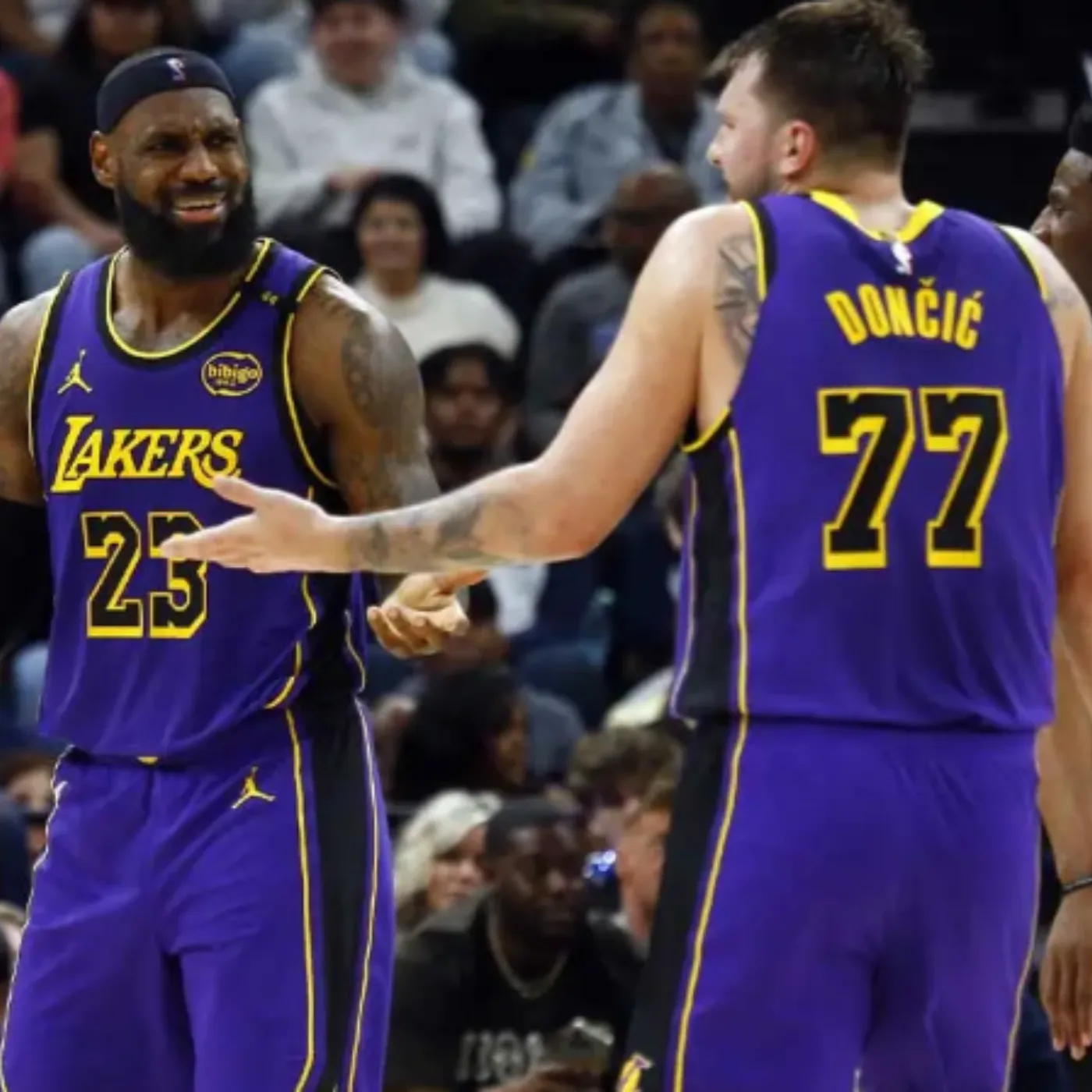
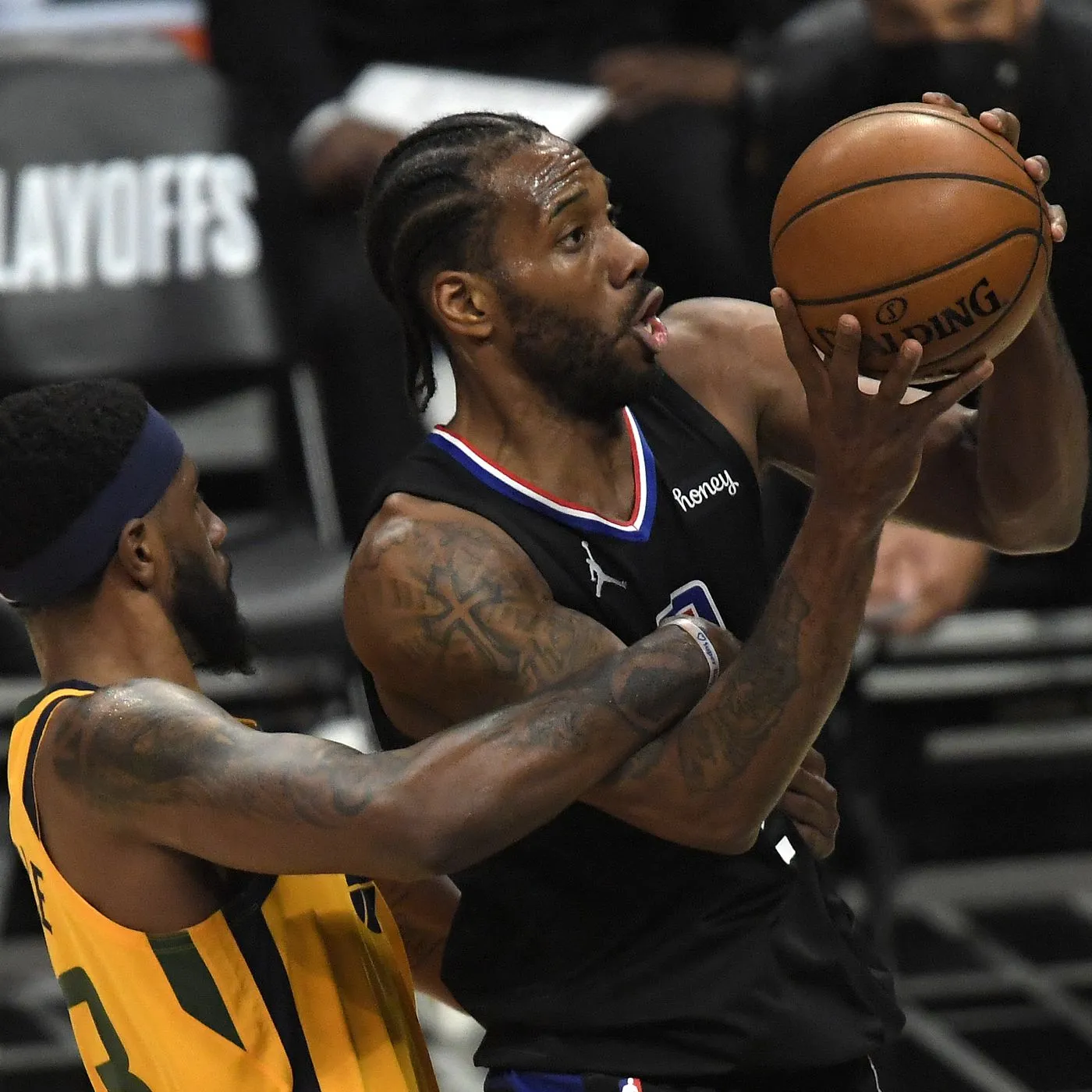
Mark Cuban Actually Defended The Two-Time NBA Champion During The Investigation: ‘I Don’t Think Kawhi Knew That Well’
Recent revelations have dragged the Los Angeles Clippers and star forward Kawhi Leonard into a swirling controversy over alleged salary cap circumvention. The center of the storm involves a marketing deal with a now‑bankrupt company named Aspiration, media reports by Pablo Torre, and denial by Steve Ballmer, the Clippers’ owner. In the heat of it all, Mark Cuban, former owner of the Dallas Mavericks, has taken a public stand defending Kawhi Leonard, arguing that Leonard likely did not know about the complexities of the deal. This article explores what is known, what is alleged, Cuban’s arguments, and what might happen next.
What the Allegations Say
The core allegation is that the Clippers arranged a “no‑show” endorsement deal with Aspiration between 2022 and 2025, valuing it at $28 million. According to Pablo Torre’s reporting, KL2 Aspire LLC—an entity linked with Kawhi Leonard—would receive $7 million per year over four years, regardless of any public promotional work. No evidence has yet been found that Leonard ever publicly endorsed Aspiration or appeared in its campaigns. Aspiration filed for bankruptcy in March 2025, and its cofounder, Joseph Sanberg, has since pleaded guilty to fraud. Court documents show that Aspiration still owed money to Leonard’s company.
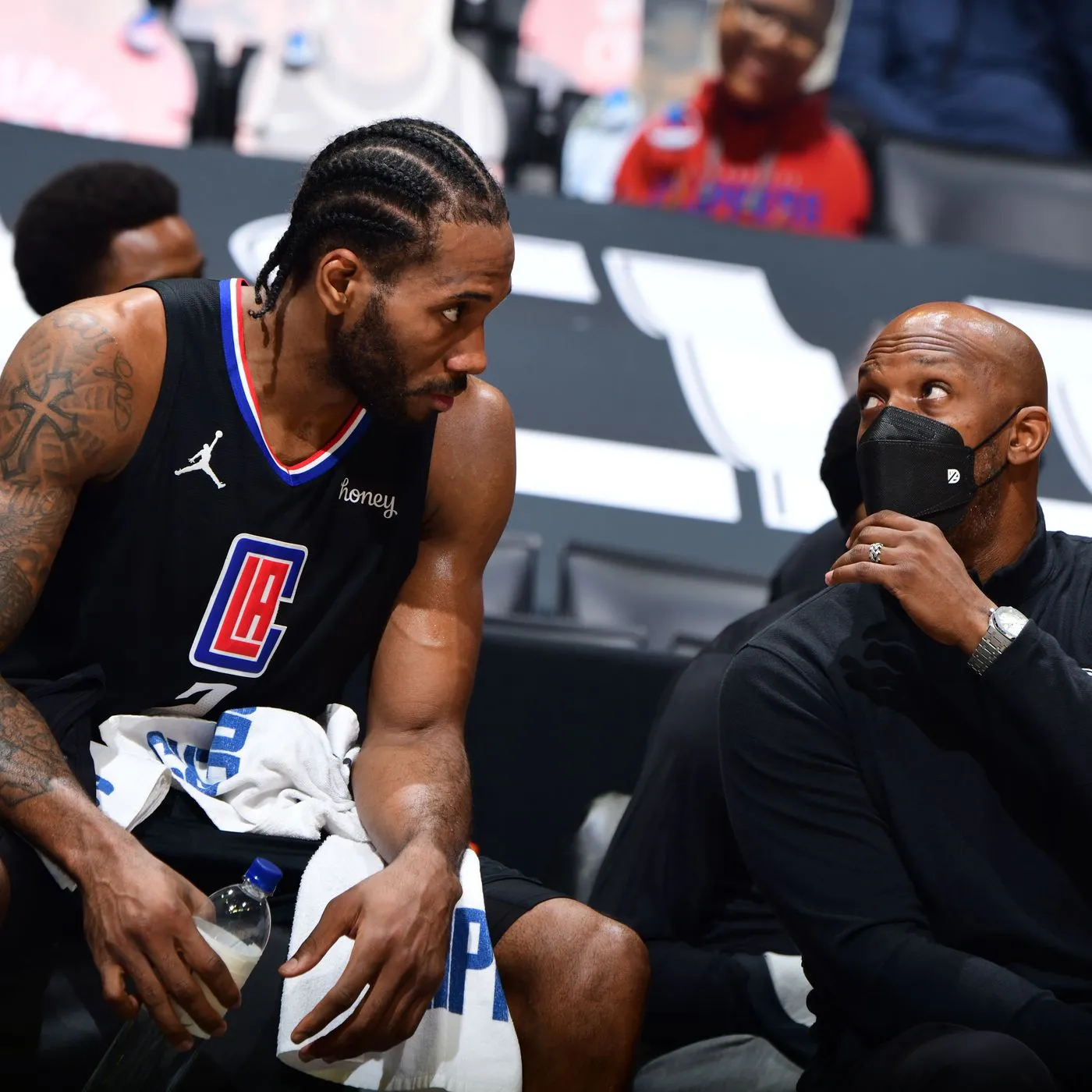
Clippers’ Response
Steve Ballmer and the Clippers insist no rule was broken. Ballmer claims that although he invested in Aspiration and introduced Leonard to the company, neither he nor the organization orchestrated or knowingly participated in any arrangement intended to bypass NBA salary cap rules. The Clippers maintain oversight did not extend to details of Leonard’s contract with Aspiration. They emphasize that any wrongdoing was the result of Aspiration’s fraudulent behavior, not the intentional actions of Leonard, Ballmer, or the franchise.
Mark Cuban’s Defense of Kawhi Leonard
Mark Cuban has weighed in heavily. He states that while the situation looks bad on the surface, it is far from proven that Kawhi Leonard had knowledge of any illicit scheme. Cuban writes that Steve Ballmer “isn’t that dumb,” suggesting Ballmer would not risk massive reputation and financial damage by knowingly violating cap laws. Cuban asserts that the more likely scenario is that Aspiration scammed many—Clippers included. He repeated that “Don’t think Kawhi knew one way or the other”, underscoring that an athlete’s hands are often not fully visible in sponsorship structures handled by agents or intermediaries.
Evidence Highlighted in Reporting
Documents obtained by Pablo Torre include the endorsement agreement between Aspiration and KL2 Aspire LLC, which stipulates payments over four years. Aspiration’s bankruptcy filings list KL2 Aspire as a creditor owed millions at the time of collapse. Some insiders quoted in the reporting claim the deal was structured for no work required of Leonard beyond perhaps maintaining membership or association—a kind of passive contract. There is also reference to Dennis Wong, a Clippers minority partner, having made investments in Aspiration close to times when payments to Leonard’s LLC were due. All of this has raised eyebrows among fans and league observers.
Cuban’s Key Arguments in Favor of Innocence
Cuban argues multiple points. First, endorsements deals are often arranged by agents, and the athlete may have little knowledge of the precise terms. Secondly, Cuban emphasizes that Aspiration’s fraud charges, and its admitted wrongdoing, suggest the company misled many parties, not just Leonard or the Clippers. Thirdly, Cuban raises the issue of reputational risk: he contends that Ballmer would not knowingly support a shady contract given the stakes—franchise integrity, NBA compliance, and public perception.
He also points out that players often get requests for sponsorships or promotional appearances they never perform, and that agents may structure deals without full public disclosure. Cuban warned against concluding wrongdoing before the NBA’s investigation, saying that allegations—even serious ones—do not equal proof.
What the NBA Rules Say & What’s Under Investigation
The NBA’s Collective Bargaining Agreement (CBA) prohibits teams or affiliated entities from channeling compensation to players to circumvent the salary cap. Investigators will examine whether the deal in question required any promotional work, whether payments were contingent on play or stay with the Clippers, and whether there were overt or covert quid pro quo arrangements. The league has confirmed that its investigation is underway and that compliance with rules is being scrutinized.
If violation is found, potential penalties could include fines, voided contracts, or loss of draft picks. The material in public filings—including Aspiration’s bankruptcy documents—forms part of the evidence base being considered. The role of Leonard’s representative, Dennis Robertson, and the actions of Dennis Wong also figure in the inquiry.
Public Reception and Reputation Effects
Public reaction has been intense. Some believe the story confirms suspicions about how wealthy sports franchises manage contracts and endorsements. Others believe the reporting is circumstantial and that without proof of Leonard’s own knowledge, it is unfair to cast him as culpable. Cuban’s defense has been welcomed by those who want to give Leonard and Ballmer the benefit of the doubt. Meanwhile, critics argue that high-profile athletes should be more aware of the terms in their contracts.
In terms of reputation, the situation may affect Leonard’s public standing depending on the outcome. Even if he is ultimately cleared, association with such controversy can linger, especially in fan discussions and media portrayal. For Ballmer and the Clippers, the stakes are also organizational: the perception of clean practices matters in league oversight, sponsorships, and fan trust.
Cuban’s Warnings and Perspective
Cuban has urged caution in how assumptions are made. He emphasizes that Aspiration scammed many people, not just those tied to the Clippers. Cuban suggests that the narrative has become simplified in media: villain versus victim. He believes there is a more complex mosaic of fraud, corporate mismanagement, and perhaps negligence. Cuban has said that assertions of wrongdoing should await the full facts rather than speculation.
He argues that true villains here are not necessarily those who contract endorsement deals—but the ones who misrepresent data, mislead investors, and promise something that is legally or ethically shaky. Cuban frames the issue less as sports scandal and more as corporate fraud seeping into sports.
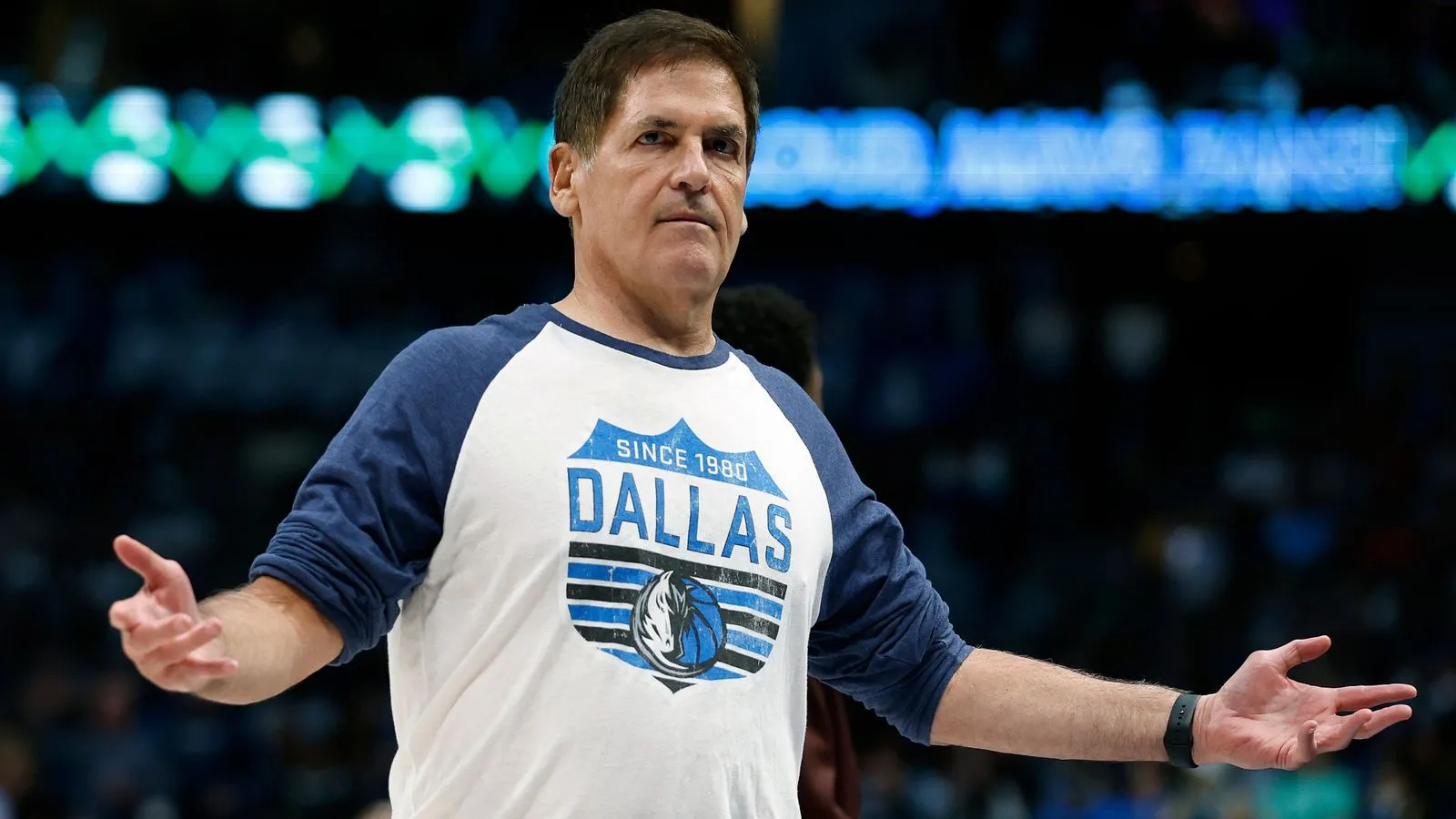
Possible Outcomes Based on Investigation
The NBA’s investigation could lead to several outcomes. If the deal is found in violation, penalties for the Clippers could include fines, voiding of certain payments, or loss of draft picks. There might be disciplinary consequences for personnel if evidence shows they approved or were aware of improper structure. For Kawhi Leonard, the implications could vary: total exoneration, partial responsibility, or need for greater transparency about deal terms.
Another outcome might be regulatory change: stricter rules or clearer guidance about how third‑party endorsement deals must be structured, in order to avoid ambiguity. The league may choose to increase disclosure or oversight requirements for companies and contracts tied to players under team contracts.
Conclusion: Judgment Must Wait
At this stage, what is public is powerful but not definitive. Mark Cuban has offered a strong defense of Kawhi Leonard—arguing that the allegations, while serious, do not prove wrongdoing by Leonard himself. The reporting by Pablo Torre produces compelling documents and raises valid questions. Steve Ballmer denies knowing any scheme was active. The organization claims to have been misled by Aspiration’s fraud rather than complicit in it.
Until the NBA concludes its investigation, certainty is impossible. What remains clear is that this episode highlights how endorsement deals, corporate structure, and salary cap rules can intersect in ways that are opaque yet impactful. For fans, analysts, and legal observers, the unfolding truth will matter—not just in terms of penalties, but for integrity, accountability, and the future of how players are compensated outside their base contracts.








